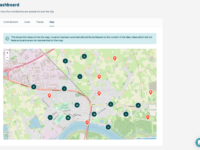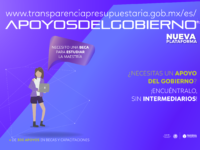Case Study
Unlocking the potential of crowdsourcing for public decision-making with artificial intelligence

In citizen participation projects, analysing contributions is often a huge challenge for administrations.
CitizenLab has developed machine-learning algorithms in order to help civil servants easily process thousands of citizen contributions and efficiently use these insights in decision-making.
The dashboards on our platform classify ideas, show what topics are emerging, summarise trends and cluster similar contributions by theme, demographic trait or location.




